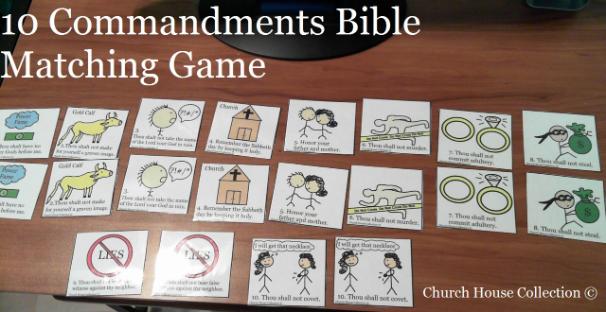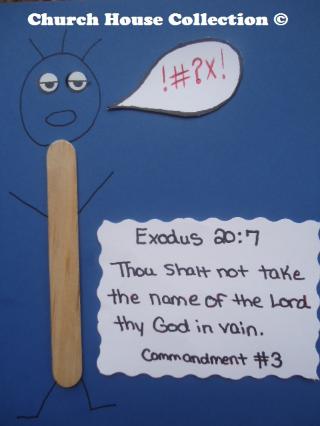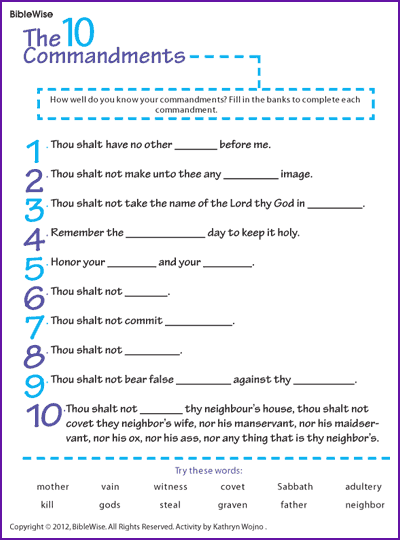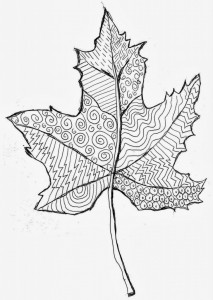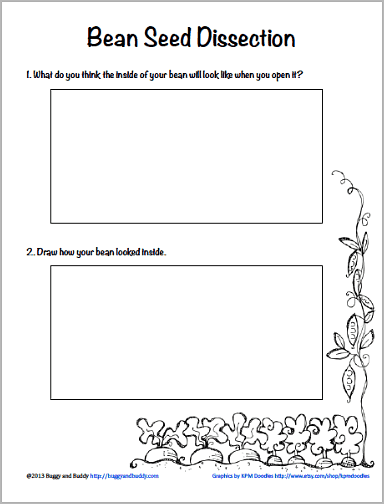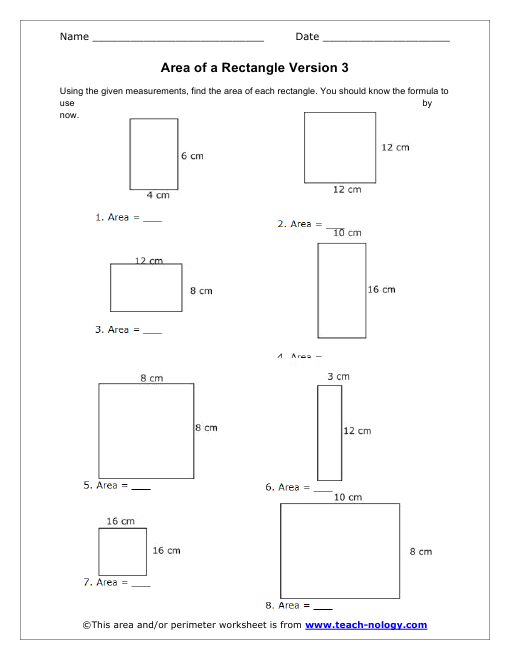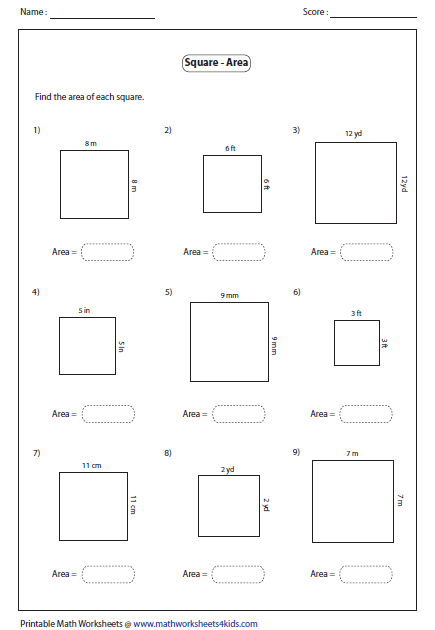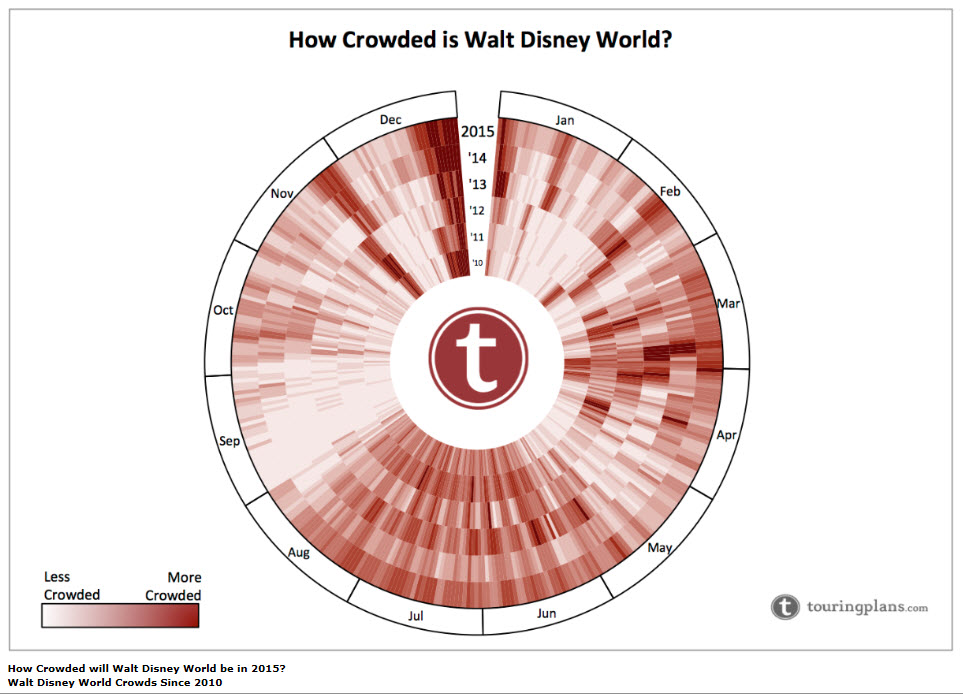Classical Conversations Cycle 1 Week 9
/New Grammar
Each week we are adding another small piece to our blob maps. Blob maps are called that because the continents look like a blob, not the exact shape. My hope for the students at the Journeyman level is to get the blob shape continents in the correct places based on latitude and longitude. This is a great map to let them look at while they draw freehand.

Go back to weeks 1-4 for videos of how to blob.
Geography - Eastern Asia. There are some great songs on CCC for geography for cycle one. I play all of the weeks in a row and the kids see how fast they can find the places.

Math - This week we are skip counting by 15's. There is a pattern in the ones place 5,0,5,0,5,0, etc. That pattern helps me multiply by 15!
History - Confucius. If you type Confucius into Pinterest you find all of the things he said.

You can download a FREE powerpoint with sayings by Confucius
. Then choose to write about one or illustrate one.
Latin - Keep memorizing those declensions! I printed out two of each chart for my kids. One chart I cut into pieces and they have to match it to the full page while saying them for review.


English - There are so many fun ways to work on prepositions! Go to the park and act them out, make a preposition picture book, just act them out with a chair. I think we will try a box and ball this week.
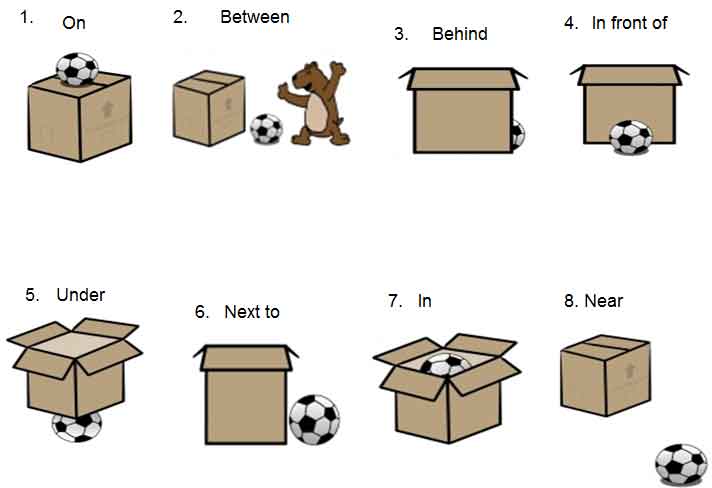
Science - Parts of a plant
We began this activity in class as a way to review new grammar, and to study flowers for science (it was raining to so week 9's nature walk got switched with week 10). You can find how to do the full activity
.

If you go ahead in new grammar you can get great information for inside the book. The CC Science cards, or the science snippets on the app or tutorials also have great information for weeks 9-11 that can help you finish this project.
Music
I adapted the Recorder Karate curriculum for D tin whistle for my class. It works really well, the only difference from soprano recorder is a few fingerings. I also created an online class to help the students out. You can get to it
.

We reviewed what a staff is, note names, and how to draw a treble clef. Then we added a 4/4 time signature and filled measures with different combinations of notes that add up to four beats together.
After that we did a quiz for fun to see how well the kids could identify B, A, and G patterns with their ears! You can get the worksheet
.








































